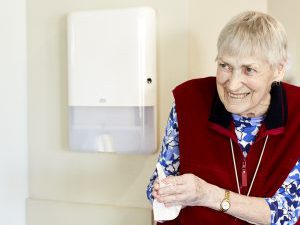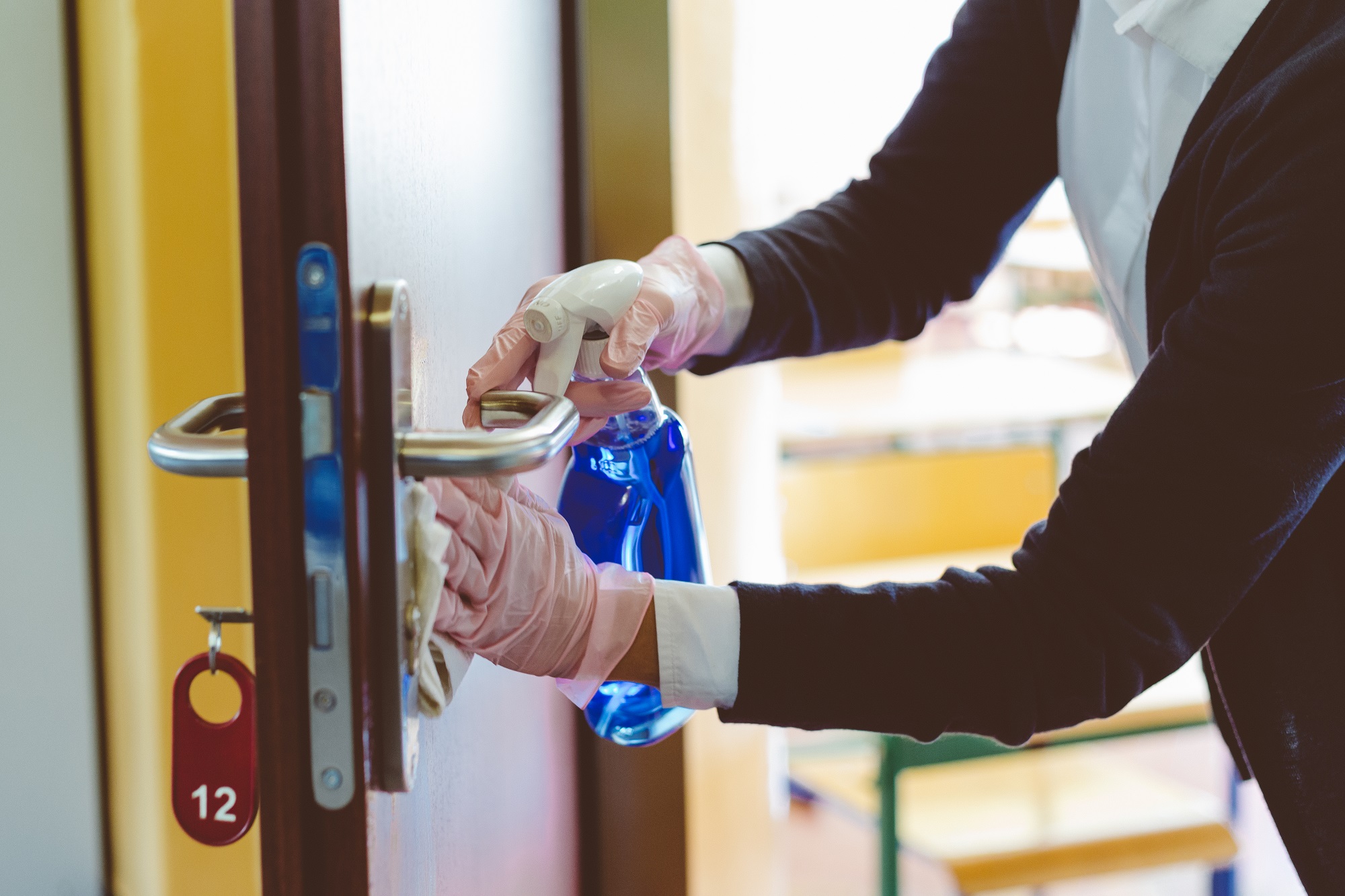
As winter draws to a close, cases of Covid in residential aged care homes are falling, according to government figures.
From a peak of 3,782 recorded on 1 June – and in spite of concerns of a winter rebound – the number of weekly Covid cases has been dropping steadily ever since.
Dipping below 1,000 towards the end of July, as of 10 August, there were 614 cases of Covid in 106 aged care facilities across the country.
“We have certainly seen a reduction of incidents of Covid-19 this year with only a small number of residents and homes being impacted,” Jason Eldering, chief executive officer of Southern Cross Care Queensland told Australian Ageing Agenda.
Throughout the winter, SCCQ has ensured residents’ safety and protection by retaining strict Covid measures – including face masks and rapid antigen tests – across all of its sites.
“Our aged care homes have fared well through this winter with good preventative management and measures helping us to keep the incidence of Covid-19 down,” said Mr Eldering.
“Most importantly, our proactive and preventative approach helps our residents by allowing them to carry on as normally as possible for the benefit of their wellbeing, while ensuring we are protecting their health.”
That approach has “proven very effective” in preventing transmission, said Mr Eldering.
“Of course, where we do have cases in either residents or staff, the appropriate requirements in terms of isolation, receiving care and support follow.”
South Australian provider Resthaven also report few cases of Covid.
“Over the winter months, we are pleased that Resthaven has only experienced limited cases of Covid-19 at a few of our 12 aged care homes,” Resthaven executive manager residential and retirement services Tina Cooper told AAA.
“These have been relatively easily contained without the need to restrict visitors, while still maintaining the appropriate infection control protocols,” she said.
While Covid continues to circulate, ACH Group also has a number of infection control measures in place across its homes.
“These measures include staff and visitors requiring a negative rapid antigen test result prior to entering the home, high vaccination rates among residents and staff, and thorough management plans and infection control procedures,” chief operating officer Linda Feldt told AAA.
“While Covid continues to impact residential care homes, the evolution in Covid management has been welcomed by residents, their families, and staff.”
Although New South Wales and Queensland provider Whiddon has experienced “ongoing outbreaks” across its services – with well-established protocols in place – the cases were effectively managed and impact to residents minimalised as much as possible, Alyson Jarrett – deputy chief executive officer told AAA.
“This includes isolating impacted residents to their rooms or wings rather than closing down the whole service and ensuring that every resident has access to visitors regardless of outbreak status,” said Ms Jarrett.
“Whiddon’s robust approach to screening continues including the completion of rapid antigen testing by employees prior to their shifts,” she added.
With winter almost at an end, Ms Jarrett said it is timely to reconsider the NSW Health recommendation that all employees working in residential and home care habitually wear face masks.
“Feedback from residents, clients and employees indicates a preference to move away from a blanket approach to mask wearing to a targeted approach where masks are only worn when physical distancing cannot be maintained,” Ms Jarrett told AAA.
“The lightening of this approach will provide the opportunity for our residents and staff to see the lovely smiles of our employees again.”
This article was first published by Australian Ageing Agenda. Read the original article here.
Comment below to have your say on this story.
If you have a news story or tip-off, get in touch at info@incleanmag.com.au
Sign up to INCLEAN’s newsletter.




